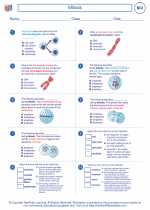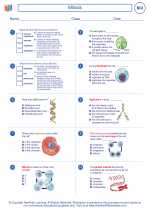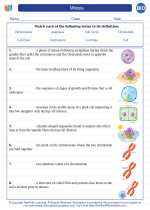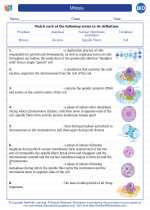Pancreas
The pancreas is a vital organ in the digestive and endocrine systems. It is located behind the stomach and plays a crucial role in producing digestive enzymes and hormones that regulate blood sugar levels.
Anatomy of the Pancreas
The pancreas is a long, flat gland that is situated in the abdomen. It is divided into three main regions: the head, the body, and the tail. The head of the pancreas is connected to the duodenum (the first part of the small intestine), while the tail extends towards the spleen.
Functions of the Pancreas
- Exocrine Function: The pancreas produces digestive enzymes such as amylase, lipase, and proteases. These enzymes are released into the small intestine to aid in the digestion of carbohydrates, fats, and proteins.
- Endocrine Function: The pancreas contains clusters of cells called the islets of Langerhans, which are responsible for producing hormones such as insulin and glucagon. These hormones help regulate blood sugar levels and are essential for maintaining proper metabolic function.
Disorders of the Pancreas
Several disorders can affect the pancreas, including:
- Pancreatitis: Inflammation of the pancreas, often caused by excessive alcohol consumption or gallstones.
- Diabetes: A condition characterized by inadequate insulin production or insulin resistance, leading to high blood sugar levels.
- Pancreatic cancer: A serious and often aggressive form of cancer that originates in the cells of the pancreas.
Study Guide
To effectively study the pancreas, consider the following topics:
- Anatomy: Familiarize yourself with the structure and location of the pancreas within the body.
- Functions: Understand the dual role of the pancreas in both digestion and hormone regulation.
- Enzymes: Learn about the specific digestive enzymes produced by the pancreas and their respective functions.
- Hormones: Explore the role of insulin and glucagon in regulating blood sugar levels and their impact on metabolism.
- Disorders: Investigate common disorders and diseases associated with the pancreas, including their causes and symptoms.
By mastering these key areas, you can gain a comprehensive understanding of the pancreas and its importance in the human body.
[Pancreas] Related Worksheets and Study Guides:
.◂Biology Worksheets and Study Guides High School. Mitosis
Worksheet/Answer key Mitosis
Mitosis  Worksheet/Answer key
Worksheet/Answer key Mitosis
Mitosis  Vocabulary/Answer key
Vocabulary/Answer key Mitosis
Mitosis  Vocabulary/Answer key
Vocabulary/Answer key Mitosis
Mitosis  Vocabulary/Answer key
Vocabulary/Answer key Mitosis
Mitosis 

 Worksheet/Answer key
Worksheet/Answer key
 Vocabulary/Answer key
Vocabulary/Answer key
 Vocabulary/Answer key
Vocabulary/Answer key
 Vocabulary/Answer key
Vocabulary/Answer key

The resources above cover the following skills:
Skills And Processes: The student will demonstrate ways of thinking and acting inherent in the practice of science. The student will use the language and instruments of science to collect, organize, interpret, calculate, and communicate information.
The student will use appropriate methods for communicating in writing and orally the processes and results of scientific investigation.
The student will describe similarities and differences when explaining concepts and/or principles.